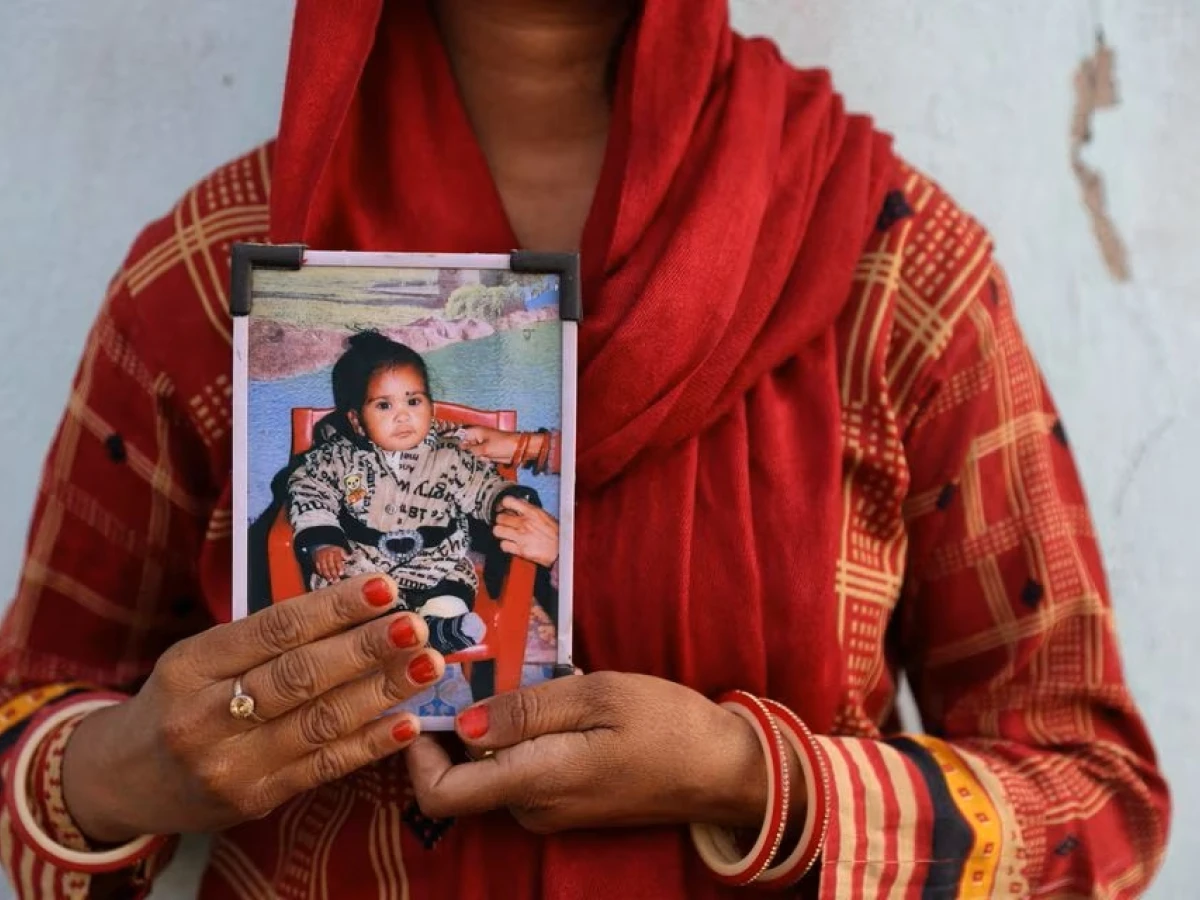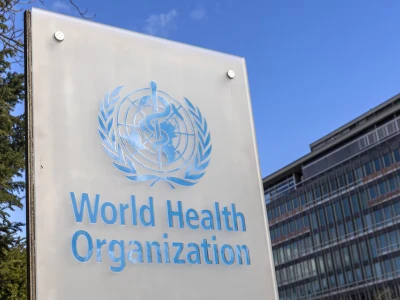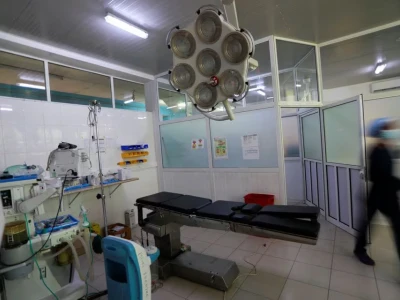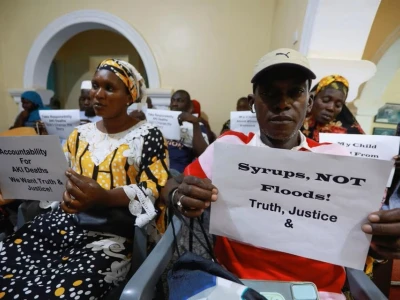
India finds two more toxic syrups months after poisoning deaths
It is common practice among some manufacturers in the country to substitute cheaper, commercial-grade ingredients when making cough syrups.
NEW DELHI, Oct 4 (Reuters) - India's drug regulator has found that a cough syrup and an anti-allergy syrup made by Norris Medicines are toxic, according to a government report, months after Indian-made cough syrups were linked to 141 children's deaths worldwide.
The medicines were contaminated either with diethylene glycol (DEG) or ethylene glycol (EG), the same contaminants found in the cough syrups that caused the deaths in Gambia, Uzbekistan and Cameroon since the middle of last year.
This is the first time in at least two years that the Central Drugs Standard Control Organisation (CDSCO) has flagged any DEG and EG contamination in its monthly reports as the country tries to crack down on its $42 billion drug industry dominated by small players.
H.G. Koshia, commissioner of Gujarat state's Food and Drug Control Administration, told Reuters on Wednesday that it had inspected Norris's factory last month and ordered it to suspend production and recall the drugs.
"The company failed miserably on compliance parameters of good manufacturing practices," Koshia said. "Adequate water system was not there. The air-handling unit was also not up to the mark. In the larger interest of public health, we ordered the unit to stop production."
Norris Managing Director Vimal Shah declined to comment outside business hours.
The company's Trimax Expectorant contained 0.118% of EG, while allergy drug Sylpro Plus Syrup had 0.171% of EG and 0.243% of DEG, according to tests at a CDSCO laboratory, according to its list of "not of standard quality/spurious/adulterated/misbranded" drugs for August uploaded on its website. Koshia said Norris used to export the cough syrup, but did not say where.
The World Health Organization (WHO) says the safe limit, based on internationally accepted standards, is no more than 0.10%.
"We are aware of the CDSCO report and have communicated with that agency to ascertain where the products... have been exported," said a WHO spokeswoman. "This information is pivotal when we consider whether - or not - to issue a medical product alert."
It was not immediately clear if the Norris drugs had been recalled or if they caused any harm. Both medicines were listed on online pharmacies when Reuters checked.
The CDSCO also found three batches of COLD OUT syrup made by Fourrts (India) Laboratories contaminated with DEG and EG. The World Health Organisation said in August that a batch of COLD OUT sold in Iraq had unacceptable levels of DEG and EG.
Fourrts Chairman S.V. Veeramani did not respond to a request for comment.
Veeramani, who is the chairman of the government-backed Pharmaceuticals Export Promotion Council of India (pharmexcil), told Reuters in August that a recent "analysis of retention samples" of COLD OUT showed there was "no contamination or toxins".
"There is no report of any adverse effect or death due to the product," he said in a WhatsApp message. "As a matter of abundant caution, we have voluntarily recalled the product in Iraq market."
The alerts on the toxic medicines come at a time when the government, through pharmexcil, is organising workshops for drugmakers across the country to stress the importance of drug quality and patient safety.
The CDSCO list also named a glycerine batch made by Adani Wilmar, despite it containing 0.025% EG, within the WHO safety limit. Adani Wilmar did not immediately respond to a request for comment outside business hours.
Indian pharmaceutical executives and regulators have told Reuters that it is common practice among some manufacturers in the country to substitute cheaper, commercial-grade ingredients when making cough syrups.
Related
Related

WHO warns of falsified cough syrup ingredients seized in Pakistan

India orders new drug-making standards after overseas deaths

Gambia hires US law firm to consider action on toxic Indian syrup

